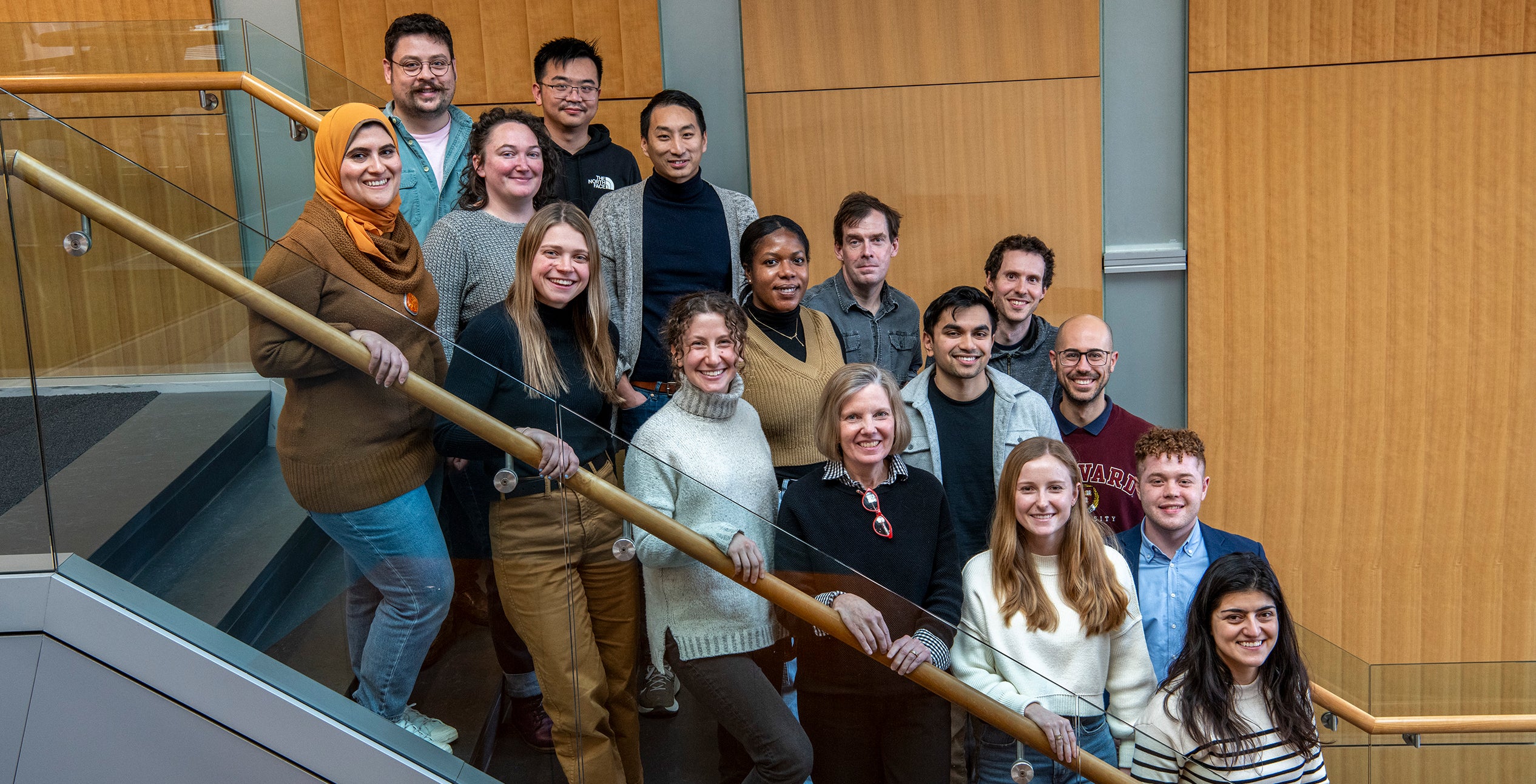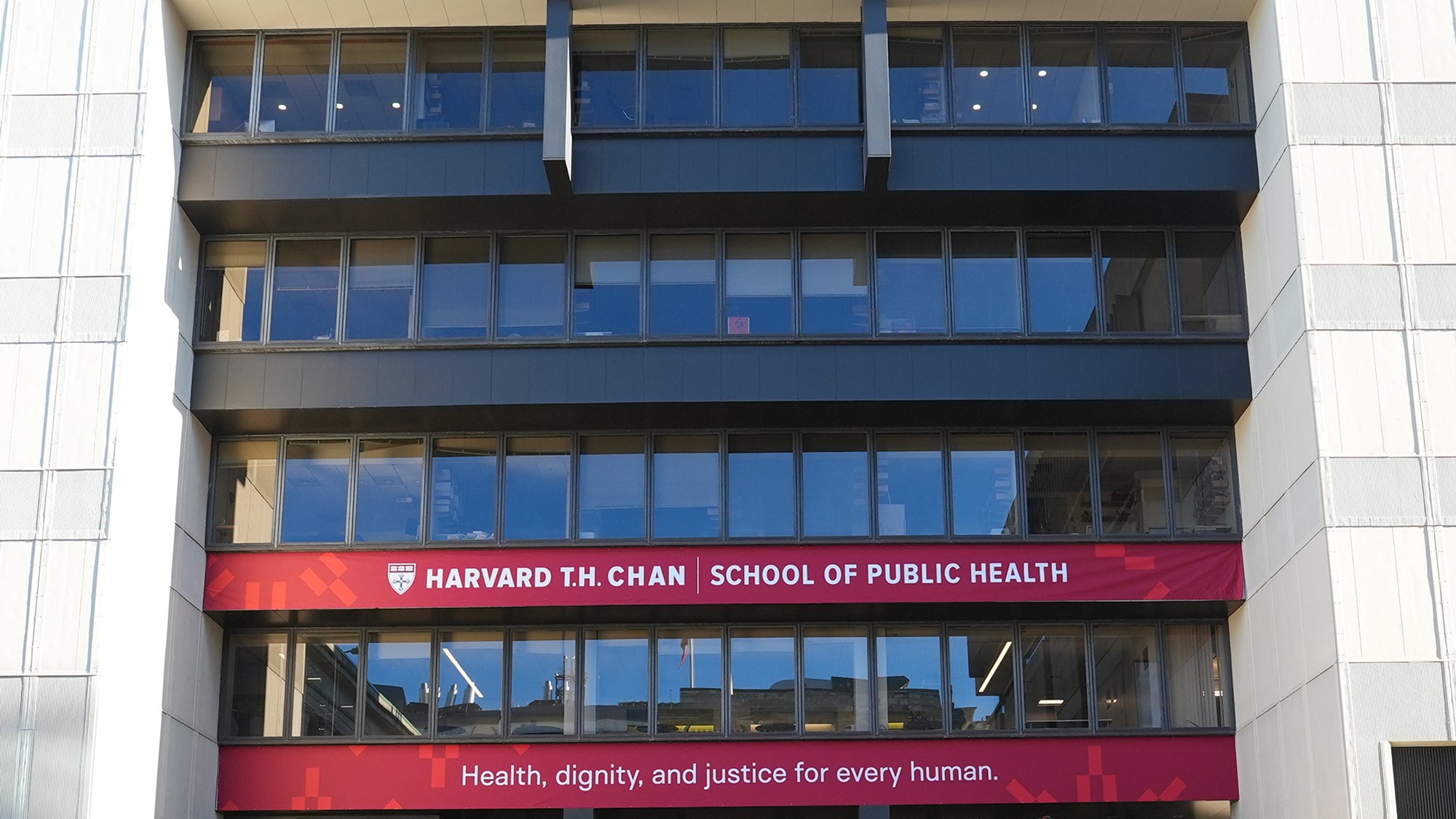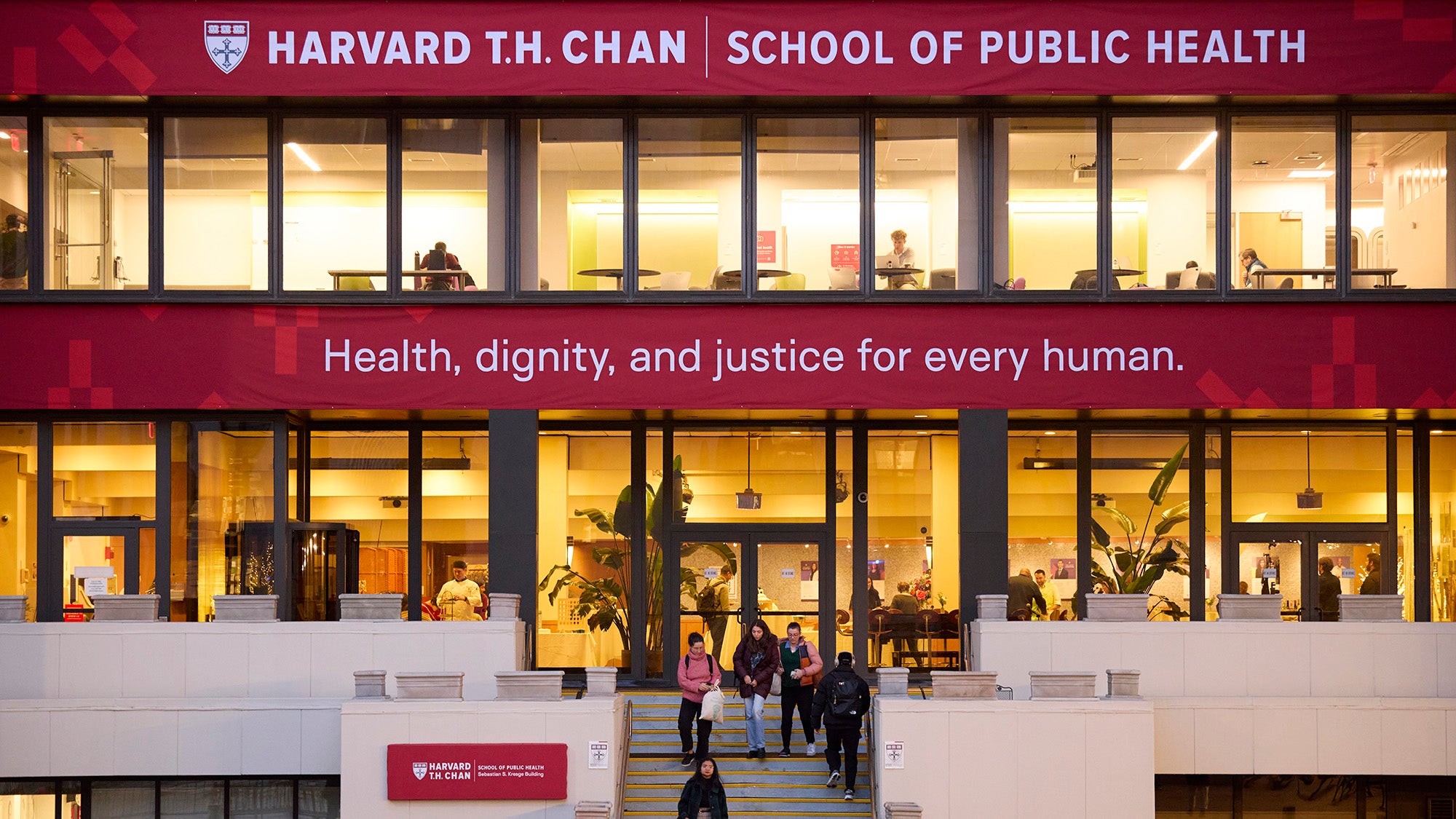Fortune Lab
In the Fortune lab, we seek to understand Tuberculosis (TB), which is caused by the bacterial pathogen Mycobacterium tuberculosis and is the leading cause of death due to an infectious disease. We aim to better understand the bacteria and its interaction with the host with the ultimate goal of one day eradicating TB.
665 Huntington Avenue, Building 1, Room 802
Boston, MA, 02115

About the Fortune Lab
Who We Are, What We Do and Why
Our lab takes a broad approach at tackling the tuberculosis (TB) pandemic which disproportionately affects marginalized communities and causes ~10 million new infections and roughly 1.5M deaths annually. While many people suffer from TB disease, even more of the world’s population is exposed to and even infected with Mycobacterium tuberculosis, the bacterium that causes TB, without getting sick. We aim to understand this heterogeneity–in bacterial populations and host outcomes–to inform the development of new therapeutics, vaccines, and public health strategies. We believe that a complex problem is most effectively tackled by bringing together a diversity of perspectives. Our lab uses bacteriology, immunology, genetics, genomics, computation, clinical medicine, and even a little chemistry to define the determinants of TB outcomes. We are also highly collaborative and work with best-in-class investigators from other fields to bring new advances to the study of TB and to understand how chronic infections like TB shape human health more broadly.

Support Harvard Chan School
Every gift contributes to our mission of building a world where everyone can thrive. To learn more about how you can support The Fortune Lab, please contact Carter Brown.
Our Research

Publication highlights
- Antibody-Fab and -Fc features promote Mycobacterium tuberculosis restriction
- Tuberculosis treatment failure associated with evolution of antibiotic resilience
- Identification of bacterial determinants of tuberculosis infection and treatment outcomes: a phenogenomic analysis of clinical strains
- CD8+ lymphocytes are critical for early control of tuberculosis in macaques
- A functional role for antibodies in tuberculosis
- Ongoing evolution of the Mycobacterium tuberculosis lactate dehydrogenase reveals the pleiotropic effects of bacterial adaption to host pressure
Research and Impact
Sarah Fortune on importance of federal funding for science
The silent killer: A paradigm shift in understanding tuberculosis
Sarah Fortune Fortune recently spoke at an event in the Harvard Chan Studio, where panelists discussed how genomic surveillance has revealed that tuberculosis is vastly underdiagnosed around the world.
Confronting the link between climate change and infectious diseases
Disease transmission is closely linked to climate change and warning signs are flashing red. A faculty panel, including Prof. Sarah Fortune, explores the connections and looks at promising approaches for improving pathogen surveillance and reducing the risk of future pandemics





